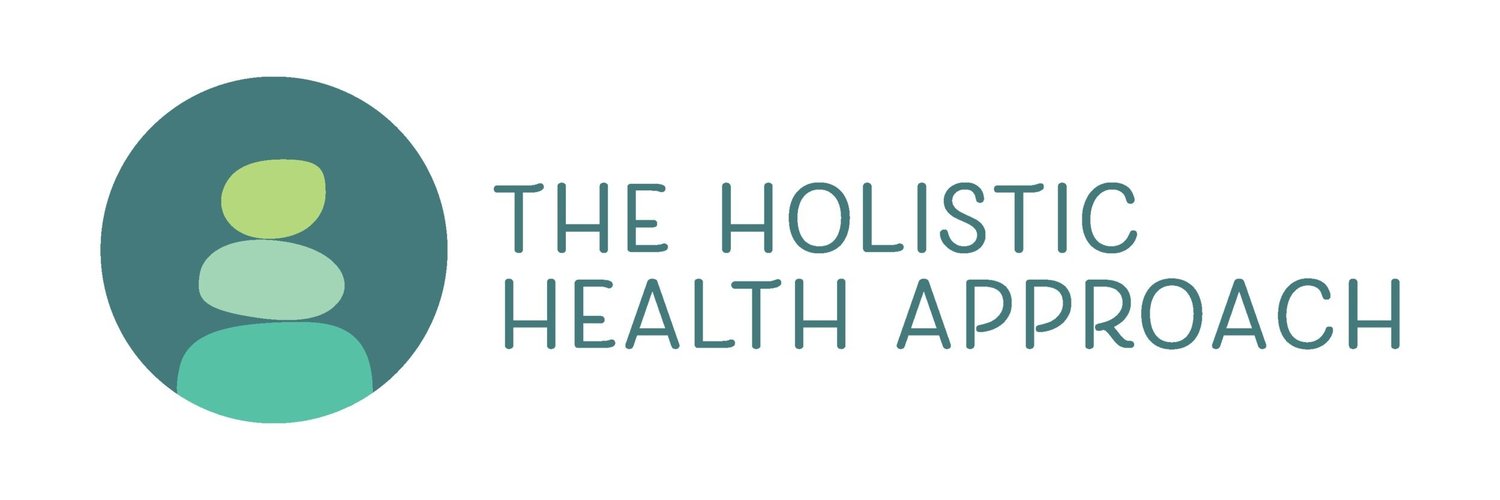The Gift of Being Present
“Between stimulus and response there is a space. In this space is our power to choose our response. In our response lies our power and freedom.” – Viktor Frankl
A splendid gift to ourselves would be to befriend a moment-by-moment experience of our thoughts. This is more than just a feel-good statement – it’s backed by more than 30 years of scientific evidence. Being present is indeed a great present to yourself.
Jon Kabat-Zinn, founder and former director of the Stress Reduction Clinic at the University of Massachusetts Medical Center, calls this “mindfulness” and defines it as “paying attention on purpose, in the present moment, and nonjudgmentally.”
Kabat-Zinn experienced the results of mindfulness personally and went on to develop an 8-week mindfulness program in the 1970s. The program, known as Mindfulness-Based Stress Reduction (MBSR), is now used in over 30 countries worldwide, including in the mental health field, the corporate world, and in schools in the US and Canada.
Plasticity of the Brain
Pioneering research in the 1980s proved that the brain is not hardwired, as once believed, but can rewire itself in response to changes in feelings, thoughts, and experiences. It’s referred to as the plasticity of the brain. Mindfulness can help deliver us from habitual thinking and helps us rewire our brain for improved well-being.
What you practice, you become. If you practice anger, you become good at being angry. If you practice worry, you become a habitual worrier. Your brain learns from you and can “unlearn” from you. It becomes adept and capable with the functions you present it with. Mindfulness lets you use your power to choose what your brain becomes proficient at. It helps you observe your moods and thoughts and consciously make choices to stop feeding negative thoughts that lead to feeling distressed, anxious or depressed. It can rewire your brain to make you feel more content, kind, generous, and compassionate.
A study conducted by Kabat-Zinn in which stressed employees at a biotechnology firm practiced daily mindfulness showed that each of the employees shifted their emotional set point toward a more positive mood state. There have since been hundreds of studies showing when people practice mindfulness, there are positive changes in well-being and the capacity to enjoy life. It’s been proven to help with stress-related health problems and mental health issues such as depression, anxiety, and more.
The Power of Now
In mindfulness practice, you expand your awareness of the present. It helps you set aside sadness or anxiety about the past and the future. It won’t complete remove worry or anxious thoughts but it lets you recognize them without paralyzing you or becoming stuck in an endless loop of unease. It allows you to watch your thoughts and give space before acting on them. Eventually you respond to them by choice, rather than react to them.
Mindfulness can:
Help relieve stress
Treat heart disease
Lower blood pressure
Reduce chronic pain
Improve sleep
Alleviate gastrointestinal difficulties
Psychotherapists have used mindfulness in the treatment of:
Depression
Substance abuse
Eating disorders
Couples’ conflicts
Anxiety disorders
Obsessive-compulsive disorder
Mindfulness in Minutes
Mindfulness is worth delving deeper into but for now, here are 10 practical tips to start being more mindful courtesy of Here To Help:
1. Take a couple of minutes to notice your breathing. Sense the flow of your breath, the rise and fall of your belly.
2. Notice what you are doing as you are doing it and tune into your senses. When you are eating, notice the color, texture and taste of the food.
3. When you are walking, tune into how your weight shifts and the sensations in the bottom of your feet. Focus less on where you are headed.
4. Don’t feel that you need to fill up all your time with doing. Take some time to simply be.
5. When your mind wanders to thinking, gently bring it back to your breath.
6. Recognize that thoughts are simply thoughts; you don’t need to believe them or react to them.
7. Practice listening without making judgments.
8. Notice where you tend to zone out (e.g., driving, emailing or texting, web surfing, feeding the dog, doing dishes, brushing teeth, etc.). Practicse bringing more awareness to that activity.
9. Spend time in nature.
10. Notice how the mind likes to constantly judge. Don’t take it seriously. It’s not who you are.
During this holiday season, stay present. It will be the best gift you receive!
RESOURCSES:
http://www.heretohelp.bc.ca/sites/default/files/visions-mindfulness-vol12.pdf
http://www.heretohelp.bc.ca/visions/wellness-vol7/whats-the-buzz-about-mindfulness
http://www.helpguide.org/harvard/benefits-of-mindfulness.htm
http://greatergood.berkeley.edu/topic/mindfulness/definition

